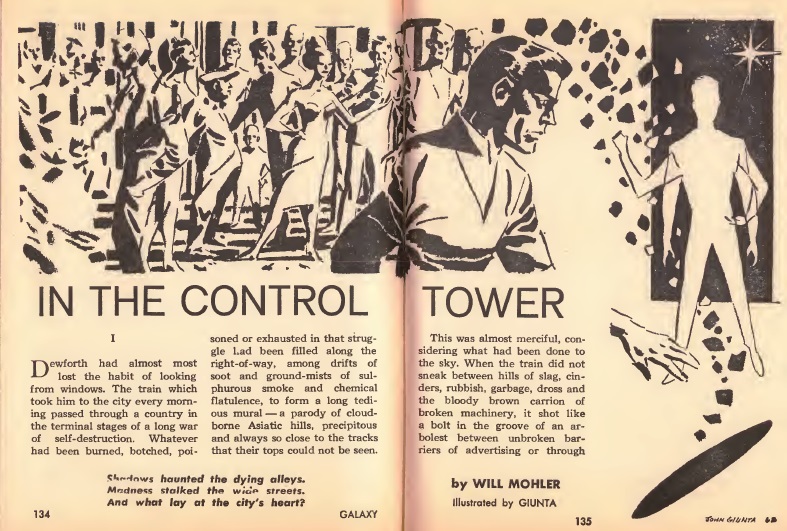
by Gideon Marcus
Impatience
Normally, I'd open up with a discussion at length of the news of the day. Like how the United States is still knee-deep in the Dominican Republic, losing soldiers to snipers every day despite the ceasefire between the current military-civilian junta government and the supporters of ousted President Bosch.


Or that Collie Wilkins Jr. was acquitted by a 10-2 hung jury in a trial for the murder of civil rights activist Viola Liuzzo, shot in her car after the Selma rallies. Wilkins' defense attorney's statements included language so profane and racist that I cannot transcribe them here.

Or that the comedy/news show, That was the Week that Was, had its final show on May 4th.

And then, having given my report, I'd tie it pithily to the subject at hand, namely the June 1965 Galaxy science fiction digest. But the fact is, there's lots to cover and I'm anxious to get it all down while it's still fresh in my mind. So, you'll just have to pretend that I was clever and comprehensive in my introduction. On to the important stuff:
Bob Sheckley and friends

by George Schelling
As is happening more and more often, the king-sized bi-monthly, Galaxy, is dominated by a short novel this month. This time, it's by a fellow who probably was the best SF short story writer of the 1950s. Bob Sheckley has turned to novels of late with something less than (to my mind) great success. The Journey of Joenes, The Status Civilization, Time Killer — none of them were triumphs, though some disagree. Will this time be different?
Mindswap, by Robert Sheckley
Young Marvin Flynn is bored to death of living in the bucolic New York town of Stanhope, desperate enough to risk "mindswap." And so, Marvin exchanges minds with the Martian, Aigeler Thrus. Unfortunately, Thrus' body was currently occupied by the unscrupulous Ze Kraggash, who had taken residency to elude the police after a crime. Thrus is entitled to his body; Kraggash has Flynn's. This leaves Flynn six hours to find a body, any body, or be extinguished forever.

by George Schelling
An increasingly frantic Flynn ends up bopping across the galaxy, first as a collector of sentient ganzer-eggs on Melde, somewhere near Aldeberan; then on to Celsus for a stint as a professional victim wearing a ticking time bomb gift; and ultimately to a reality-bending place called The Twisted World.
It's complete fluff, vaguely satirical and fun-pointing, but for the most part, pointless. I went along with it, mildly amused for about 60 pages, before my tolerance ran out and I skimmed the rest. Unlike Harrison's brilliant and cutting Starsloggers, Mindswap is just self-indulgent…and far too long.
Two stars.
Servant Problem, by Otis Kidwell Burger
On the dreary, sandstorm-plagued planet of Dexter, there's little for the married couples to do but drink and kvetch about their house-servants, a race of off-putting aliens that only look like middle-aged spinsters. After an endless seven pages of this stuff, we learn that the servants are actually the masters, and the humans are being evaluated for their level of social development. Turns out they're in the emotional equivalent of kindergarten.
Yeah, I didn't get it either. Two stars.
Blue Fire, by Robert Silverberg
Nat Weiner, visitor from newly terraformed Mars, the "Sparta of space," arrives on Earth to sample the luxuries of an overcrowded, decadent world. Assigned to escort him is Reynolds Kirby, a "major bureacrat who gets paid like a minor one." Together, they attend a spiritual gathering of the devotees of Vorster, a pseudo-scientific cult that preaches the unity of humanity and worships at the altar of the cobalt reactor.
Vorsterism is just one of many avenues of relief against the physical and mental crush of living amongst 10 billions; hallucinogens are also popular, and the upperclassmen, like Kirby, favor the sensory deprivation "Nothing Chambers". Cosmetic replacement of external features with metal and plastic substitutes is popular.

by Jack Gaughan
As the tour of the once-proud homeworld progresses, Weiner becomes increasingly belligerent, resolved to steal a Vorster nuke and put it to "worthwhile use" as an energy-generating reactor on Mars. Through Kirby's interactions with Weiner, and with the Vanna, a Vorsterian with a face modifed to inhuman grotesqueness, Kirby comes to see his own life as a hollow shell of an existence and reconsiders all of his carefully created precepts.
Blue Fire is a day-in-the-life of a fellow on the edge of a midlife crisis in a tired world. With deft writing and vivid imagery, Silverberg accomplishes in 25 pages what usually takes Philip K. Dick a full novel.
Five stars.
Think of a Man, by Karen Anderson
Poetess Anderson offers up a latter-day space shanty. It might make a decent filk, but it will likely leave no great impression on you.
Three stars.
For Your Information: The Observatory on the Moon, by Willy Ley
Observatory on the Moon, by Donald H. Menzel
An Eye For Selene, by R. S. Richardson

The idea that astronomy is better conducted on the Moon than Earth is an old one. Not only is Earth's celestial neighbor airless, but its slow rotation makes it much easier to do long film exposures.
This should be a fascinating topic; instead, this is probably the least interesting article Ley's ever written. A truly disappointing development for a column that was a major selling point when I first began my subscription to Galaxy 15 years ago.
The short counterpoint following the main article is equally undistinguished. Richardson's comments, on the other hand, are interesting.
Barely three stars for the lot.
Devil Car, by Roger Zelazny
Sam Murdock speeds across the Great Central Plain of a post-apocalyptic United States in his sentient car, name of Jenny. His monomaniacal mission: to destroy the black Devil Car and his minions, who have been savaging the continent. Though Murdock's conviction never wavers, Jenny is torn between her programmed loyalty to her driver, and to the Devil Car's sirensong call to join his pack.
Plausible? Not for a second. Slick and enjoyable? Absolutely. Four stars, and I'll bet this gets optioned for a movie or episode of a Twilight Zone revival.
One Face, by Larry Niven

by Nodel
Last up is the third short story from this promising new writer, which may or may not take place in the same universe as his recent short novel, World of Ptavvs. The passenger liner, Hogan's Goat, has an accident in hyperspace on the way to Earth. It ends up at the right place but billions of years in the future. The Sun is a burned out husk, and humanity's home is an airless world with one face permanently locked toward its star. With no way home and nowhere to go, Verd Spacercaptain, his crew and passengers, and their increasingly debilitated computer Brain must find a way to survive.
I'm not entirely sold on the science of this piece, but Niven has a way of creating a very rich world in just a few pages. It's also obvious that Niven is a new writer: his cohort has no problem with presenting women as equal partners and in roughly equal numbers to men; moreover, he displays no preference in terms of skin tone or ethnicity.
Four stars.
Satisfaction
How to judge the latest Galaxy? It contains a full issue's worth of slag, but then again, it contains almost a full issue's worth of gold. Perhaps it needs to be a regular length bi-monthly?
Especially since editor Pohl is crowing about how next month's novel will be even longer, and by Frank Herbert.
God help us all…
Our last three Journey shows were a gas! You can watch the kinescope reruns here). You don't want to miss the next episode, May 9 at 1PM PDT, a special Arts and Entertainment edition featuring Arel Lucas, Cora Buhlert, Erica Frank…and Dr. Who producer, Verity Lambert! Register today and we'll make sure you don't forget.


![[May 8, 1965] Skip to the end (June 1965 <i>Galaxy</i>)](https://galacticjourney.org/wp-content/uploads/2020/05/650508cover-535x372.jpg)

![[March 8, 1965] An Alien Perspective (April 1965 <i>Galaxy</i>)](https://galacticjourney.org/wp-content/uploads/2020/03/650308cover-435x372.jpg)








![[January 6, 1965] Plus C'est La Même Chose (February 1965 <i>Galaxy</i>)](https://galacticjourney.org/wp-content/uploads/2020/01/650106cover-518x372.jpg)







![[November 15, 1964] Veteran's Triumph (December 1964 <i>Galaxy</i>)](https://galacticjourney.org/wp-content/uploads/2019/11/641115cover-432x372.jpg)








![[September 8, 1964] It's War! (The October 1964 <i>Galaxy</i> and the 1964 Hugos)](https://galacticjourney.org/wp-content/uploads/2019/09/640908cover-672x372.jpg)








![[July 16, 1964] Un-Conventional (August 1964 <i>Galaxy</i>)](https://galacticjourney.org/wp-content/uploads/2019/07/640716cover-398x372.jpg)




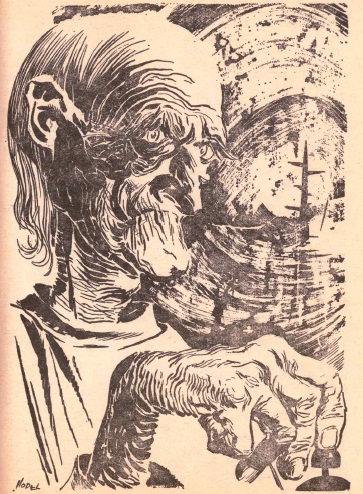
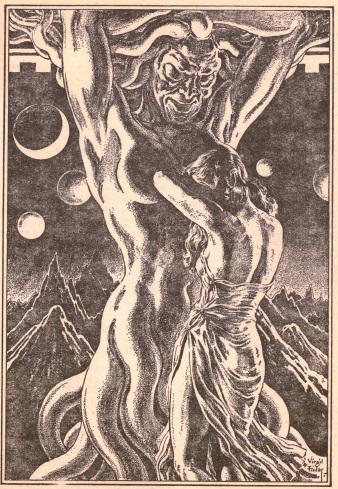
![[May 8, 1964] Rough Patch (June 1964 <i>Galaxy</i>)](https://galacticjourney.org/wp-content/uploads/2019/05/640508cover-672x372.jpg)

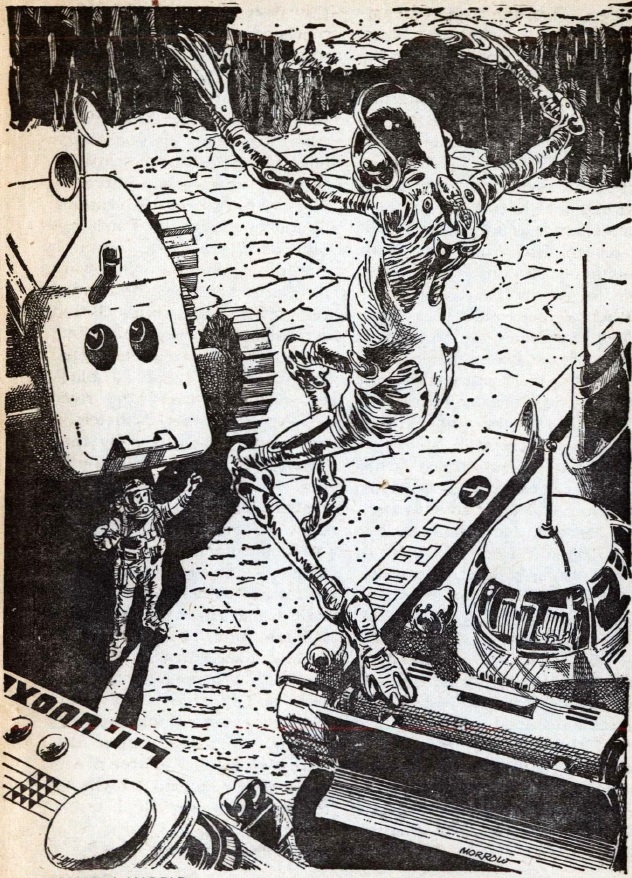

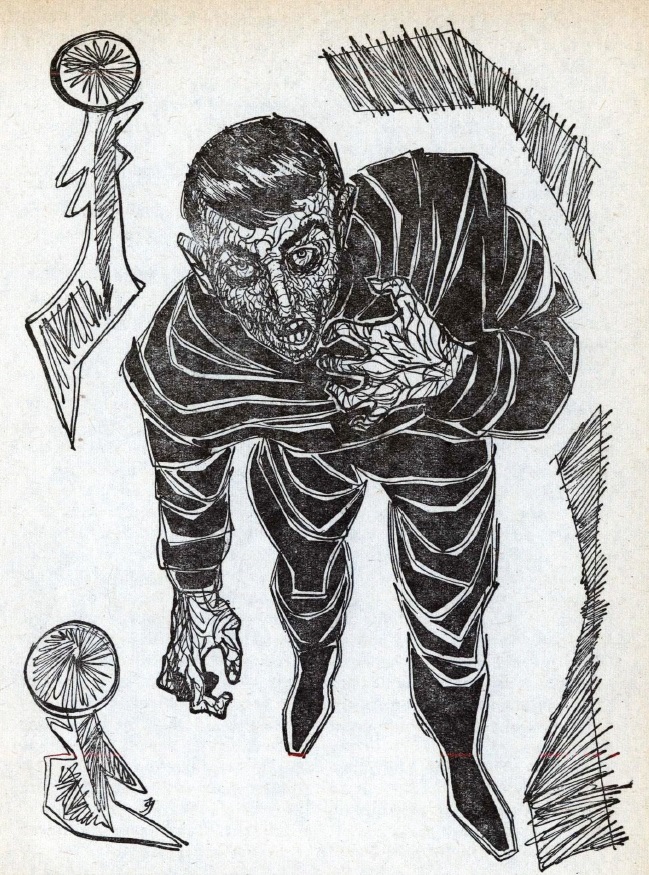

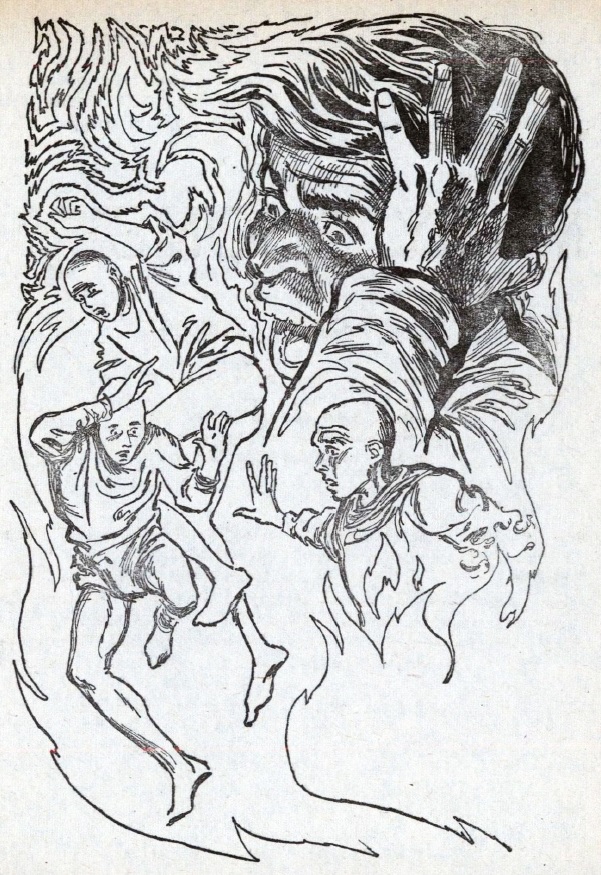

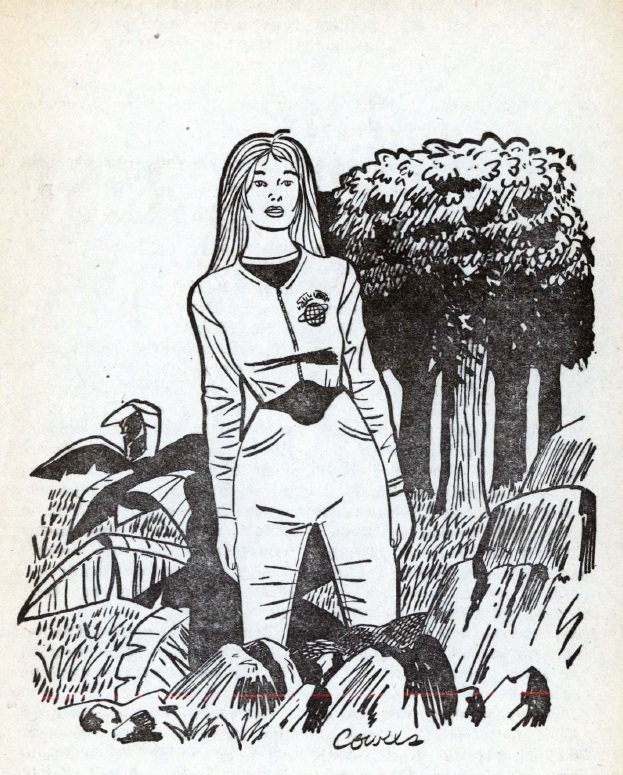
![[March 9, 1964] Deviant from the Norm (April 1964 <i>Galaxy</i>)](https://galacticjourney.org/wp-content/uploads/2019/03/640309cover-672x372.jpg)















![[January 8, 1964] A Taste of Homely (February 1964 <i>Galaxy</i>)](https://galacticjourney.org/wp-content/uploads/2019/01/640108cover-570x372.jpg)





![[November 9, 1963] Change and Constancy (December 1963 <i>Galaxy</i>)](https://galacticjourney.org/wp-content/uploads/2018/11/blog631109cover-400x372.jpg)








